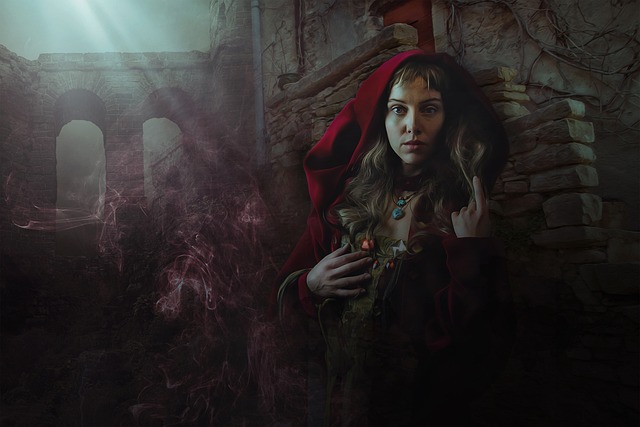pivot62.com – Morgana, often known as Morgan le Fay, is a complex and multifaceted character who appears in various forms across Arthurian legends. As a powerful sorceress and a prominent figure in the tales of King Arthur, Morgana’s character has been reimagined in numerous adaptations, each exploring different facets of her personality and motivations. This article delves into the origins, character traits, and cultural significance of Morgana.
Origins and Mythological Roots
Morgana’s character has roots in Celtic mythology, where she is associated with the Otherworld and often depicted as a fairy or goddess. In Arthurian legend, she is typically portrayed as the half-sister of King Arthur, with magical abilities that rival those of the wizard Merlin. Her character has evolved over time, with early depictions casting her as a healer and protector, while later versions emphasize her role as a villain and antagonist to Arthur.
Personality and Motivations
Morgana is characterized by her intelligence, ambition, and mastery of magic. Her motivations vary across different narratives, ranging from a desire for power and revenge to a complex blend of loyalty and betrayal. Often depicted as a misunderstood figure, Morgana’s actions are sometimes driven by personal grievances, such as perceived injustices or betrayals by those she once trusted. This duality makes her a compelling and enigmatic character.
Role in Arthurian Legend
In many Arthurian tales, Morgana plays a pivotal role as both an adversary and a catalyst for key events. Her actions often challenge Arthur’s rule and test the loyalty of his knights. In some stories, Morgana is responsible for the downfall of Camelot, using her sorcery to manipulate events and sow discord. Her relationship with Arthur and other characters, such as Merlin and Sir Lancelot, adds depth to her role, showcasing her as both a formidable foe and a tragic figure.
Legacy and Cultural Impact
Morgana has left a lasting legacy in literature and popular culture. Her character has been adapted in various forms, from medieval romances to modern films and television series. Morgana’s portrayal often reflects contemporary themes, such as the struggle for power, the complexity of familial relationships, and the exploration of female agency. Her enduring presence in the Arthurian mythos underscores her significance as a symbol of the mystical and the rebellious.
Conclusion
Morgana remains an intriguing and influential character in the realm of Arthurian legend. Her multifaceted personality and evolving narrative have made her a subject of fascination for centuries. As interpretations of her character continue to evolve, Morgana’s legacy as the enigmatic sorceress endures, captivating audiences with her blend of magic, ambition, and complexity.
